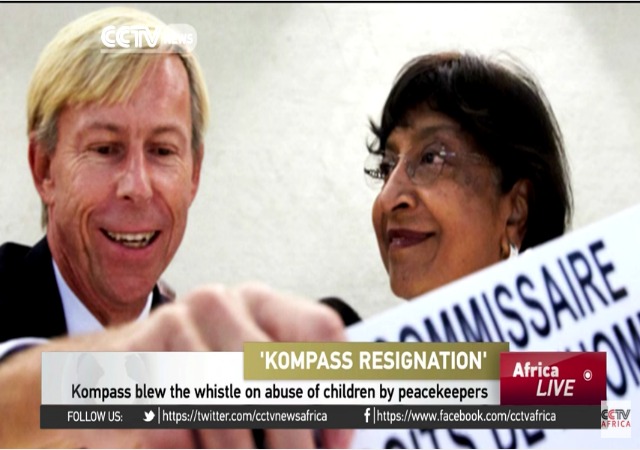Emetic of the liberal elites
on November 20, 2017
37 Comments
I can hardly keep up with the daily revelations of yet another liberal entertainment/media/political figure being exposed as an *alleged* sexual harasser and/or abuser.
Not all the revelations have been about liberals (see, Roy Moore), but it seems that there is a liberal self-cleansing mechanism in progress when WaPo, the NY Times, and even Vox are turning on their own after years of looking the other way (or in the case of NBC, spiking the story).






















